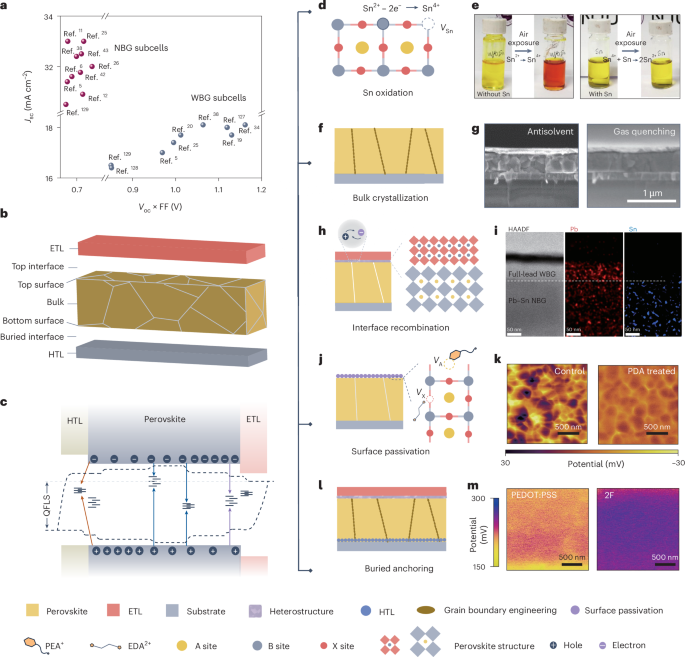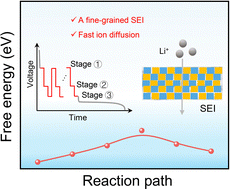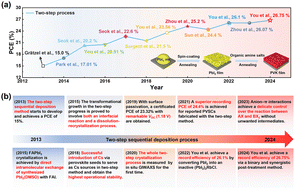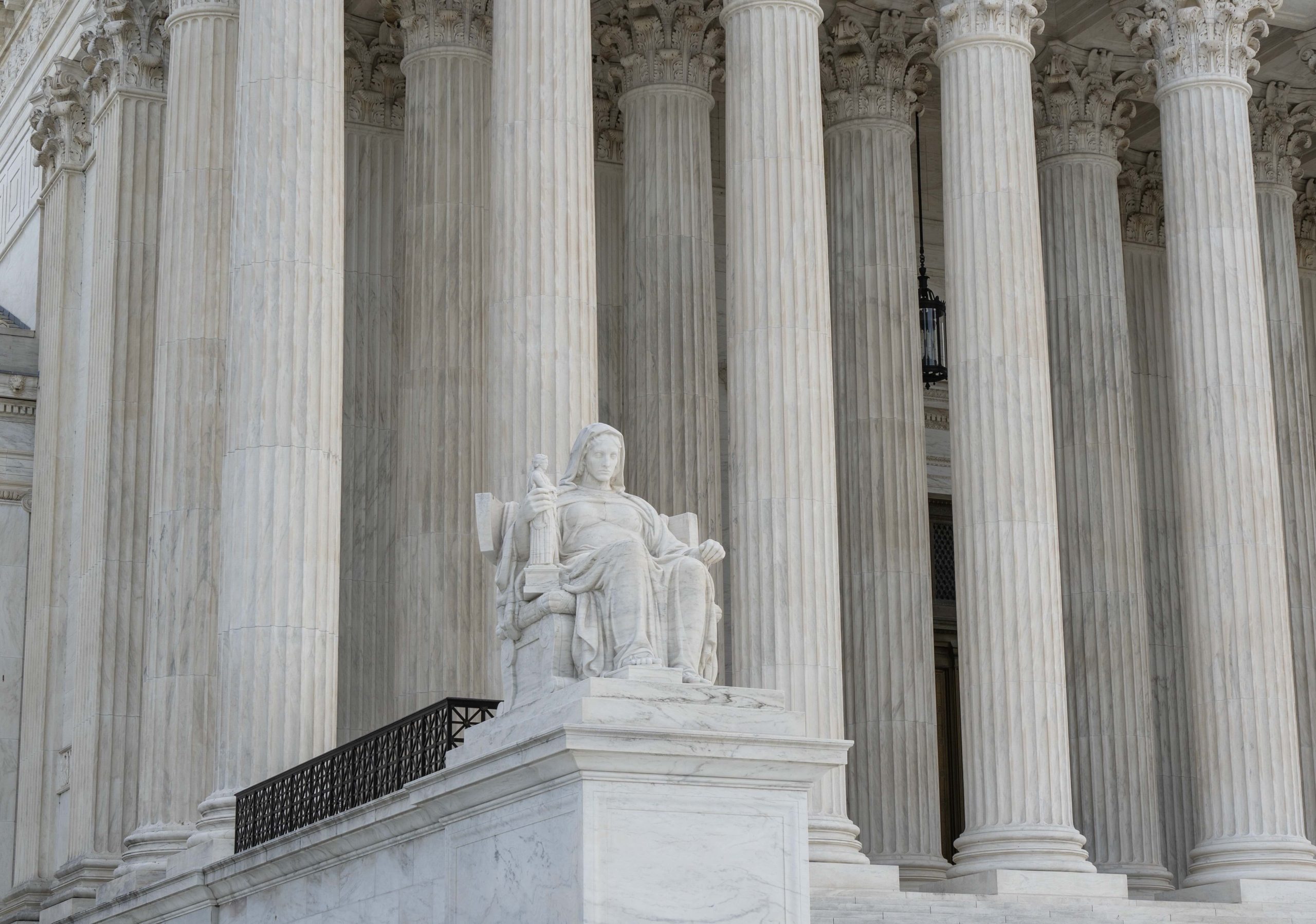Additional opinions from Wednesday, June 18
On Wednesday, June 18, the Supreme Court also released the following opinions: — In Nuclear Regulatory Commission v. Texas, the court considered who has a right to challenge the Nuclear Regulatory […] The post Additional opinions from Wednesday, June 18 appeared first on SCOTUSblog.

On Wednesday, June 18, the Supreme Court also released the following opinions:
— In Nuclear Regulatory Commission v. Texas, the court considered who has a right to challenge the Nuclear Regulatory Commission’s licensing decisions. Texas and a private company were seeking legal review of one of the commission’s licensing decisions from 2021 regarding the storage of spent nuclear fuel.
In a 6-3 decision by Justice Brett Kavanaugh, the court held that Texas and the company are not entitled to judicial review of the decision at issue because they were not “parties” to it. “To qualify as a party to a licensing proceeding, the Atomic Energy Act requires that one either be a license applicant or have successfully intervened in the licensing proceeding,” Kavanaugh wrote. But in this case, Texas and the company were “not license applicants, and they did not successfully intervene in the licensing proceeding.”
Justice Neil Gorsuch filed a dissenting opinion, in which he was joined by Justices Clarence Thomas and Samuel Alito. Gorsuch argued that the majority is preventing Texas and the company from righting a wrong. According to him, Texas and the company qualify as “aggrieved parties” given the widespread risks of radioactive waste and because they had “offered extensive comments” during the licensing process.
— In Perttu v. Richards, the court considered when prisoners with complaints about prison conditions are entitled to a jury trial. The case centered on an inmate in Michigan who alleged that his effort to exhaust his options under the Prison Litigation Reform Act’s standard procedure for filing grievances and therefore file suit in federal court was prevented by the prison employee he sought to complain about.
In a 5-4 decision by Chief Justice John Roberts in favor of the inmate, the court held that prisoners are entitled to a jury trial when the question of whether they have exhausted the grievance process is entwined with their overall case. “[T]he usual practice of the federal courts in cases of intertwinement is to send common issues to the jury,” Roberts wrote. “Because nothing in the PLRA suggests Congress intended to depart from that practice here, we hold that parties are entitled to a jury trial on PLRA exhaustion when that issue is intertwined with the merits of a claim protected by the Seventh Amendment.”
Justice Amy Coney Barrett filed a dissenting opinion, in which she was joined by Thomas, Alito, and Kavanaugh. Barrett wrote that, since the PLRA says nothing about using a jury trial to resolve an intertwinement issue, the court erred in ruling for the inmate. “Reading the PLRA’s silence to implicitly confer a right to a jury trial contravenes not only basic principles of statutory interpretation, but also several of this Court’s precedents,” Barrett stated.
The post Additional opinions from Wednesday, June 18 appeared first on SCOTUSblog.


















































































































































